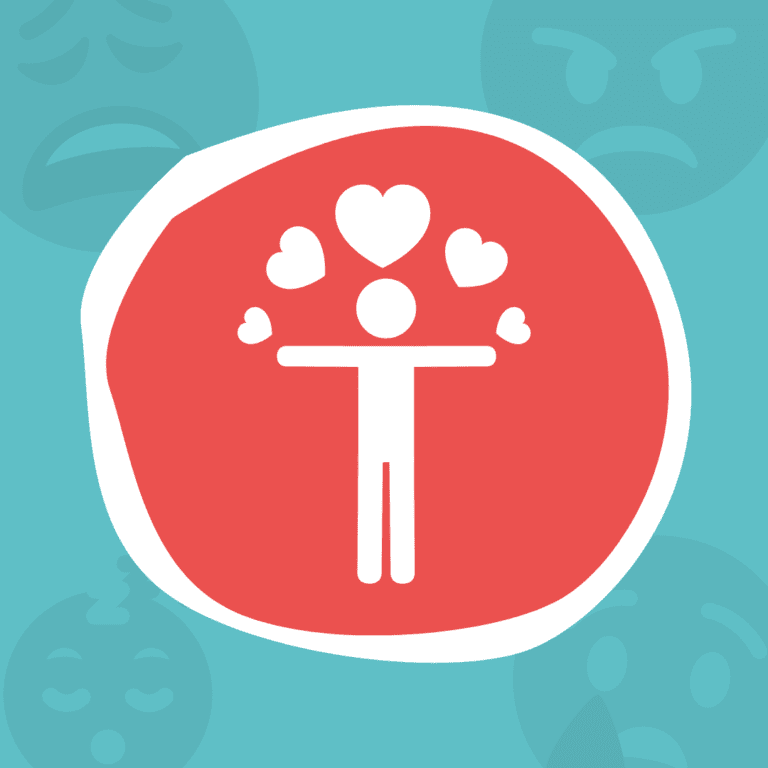[vc_row][vc_column][vc_single_image image=”8849″ img_size=”1200×500″ alignment=”center”][vc_column_text]It is normal to feel concerned about COVID-19. Being asked to avoid and reduce human contact, to socially distance ourselves and to self-isolate goes against human nature. It is the opposite of what humans want to do in a crisis. This can affect your mental and physical health. However, there are many things you can do to mind your mental health and it is important to stay positive and focus on what can you do rather than what you cannot.
Firstly, being aware of your own emotions addressing how you think and feel, will help you in coping. Over the coming days, weeks and months people’s lives will change, but it is important to keep things in perspective as this will pass.
You may notice feeling
- increased anxiety
- feeling stressed
- finding yourself excessively checking for symptoms, in yourself, or others
- becoming irritable more easily
- feeling insecure or unsettled
- fearing that normal aches and pains might be the virus
- having trouble sleeping
- feeling helpless or a lack of control
- having irrational thoughts
[/vc_column_text][vc_column_text]
People with cardiovascular disease
People who have cardiovascular disease or who have experienced a stroke may be more likely to experience anxiety or stress in relation to the outbreak of COVID-19 virus. There are many reasons for this, such as the fact that you are in the at risk group for COVID-19 virus. You are at no greater risk of developing COVID-19 than anyone else. However, if you do contract the virus you have a higher chance of developing complications.
Although the link between stress and the risk of heart disease and stroke is not well understood, we do know that stress can increase your blood pressure, impact on the blood clotting mechanism and result in people leading an unhealthy lifestyle. For example as a coping mechanism people are more likely to increase their caffeine intake, smoke, drink more alcohol and be less active when they are stressed.
If you have heart disease, being anxious or stressed may bring on symptoms like angina (chest pains). If you do experience chest pains, please do not delay in calling 999 or 112. The emergency departments are still open for business as are all hospitals.
It isn’t possible to avoid stress completely but we can change the way we cope with it, particularly with of the outbreak of COVID-19 and the imposed control measures. [/vc_column_text][vc_custom_heading text=”Our top 5 recommendations for reducing stress and anxiety:” font_container=”tag:h4|font_size:26|text_align:left|color:%235fbfc6″ google_fonts=”font_family:Alef%3Aregular%2C700|font_style:400%20regular%3A400%3Anormal” css_animation=”fadeIn”][vc_single_image image=”8850″ img_size=”1200×500″ alignment=”center”][vc_column_text]
1. Stay connected
Social support is proven to be an important factor in protecting our mental health against negative feelings. Stay in touch with friends and family using mobile technology such as WhatsApp, Skype and video calls. Telephone, text and email. Check in on elderly and vulnerable neighbours. Remember you don’t have to appear strong and try to cope with things on your own. Speaking to others and talking things through can reduce anxiety and worry.[/vc_column_text][vc_separator color=”custom” border_width=”2″ accent_color=”#5fbfc6″][vc_single_image image=”8851″ img_size=”1200×500″ alignment=”center”][vc_column_text]
2. Limit your exposure to media
The constant stream of updates and news about COVID-19 can be overwhelming and cause increased anxiety. It can be difficult to separate facts from fiction. Use only trustworthy and reliable sources such the HSE and the Department of Health. Try to limit social media usage, set yourself times during the day to check for updates. If you are finding the COVID-19 coverage upsetting or too intense talk it through with a friend or family member. Remember much of the information online is driven by people’s personal opinion’s, beliefs and agendas and it may not be helpful for you to take these on as your own right now.[/vc_column_text][vc_separator color=”custom” border_width=”2″ accent_color=”#5fbfc6″][vc_single_image image=”8852″ img_size=”1200×500″ alignment=”center”][vc_column_text]
3. Get a good night’s sleep
Sleep is closely linked to our mood and mental health, sleep disruption and poor quality sleep can negatively impact on your mood. Try to maintain regular sleep patterns it can be unhealthy to fall into bad habits such as going to bed later and getting up later. Changes to your sleep pattern now could impact on your mood in the weeks, months ahead. Try to maintain a routine scheduling daily activities throughout the day such as exercise and relaxing activities. If worrying feelings or thoughts are preventing you from achieving good quality sleep, try talking them through with someone.[/vc_column_text][vc_separator color=”custom” border_width=”2″ accent_color=”#5fbfc6″][vc_single_image image=”8853″ img_size=”1200×500″ alignment=”center”][vc_column_text]
4. Maintain a healthy routine
Your normal daily routine may be affected by COVID-19, but trying to keep some structure will help. Pay attention to your needs and feelings during this time especially during times of stress. You may still be able to do some of the things you enjoy and find relaxing. For example this may include regular exercise, practicing relaxation techniques or reading a book. Try Chair Yoga with our incredible instructor, Vicky Harkin![/vc_column_text][vc_separator color=”custom” border_width=”2″ accent_color=”#5fbfc6″][vc_single_image image=”8854″ img_size=”1200×500″ alignment=”center”][vc_column_text]
5. Practice self-care
In times like this with the outbreak of COVID-19 we have a responsibility to ourselves to practice self-care. If we don’t practice self-care we will be of less use to ourselves and to others. Examples of self-care include:
- cooking healthy nourishing meals
- allowing yourself time to engage in the things you enjoy
- taking time to relax
- setting boundaries – such as saying no to visitors and reducing demands on yourself to prevent burn out
- Practice mindfulness, meditation, walking or baking- small changes that you will be able to continue with post COVID-19
[/vc_column_text][vc_custom_heading text=”Try to keep things in perspective, things will get better.” font_container=”tag:h4|font_size:26|text_align:left|color:%235fbfc6″ google_fonts=”font_family:Alef%3Aregular%2C700|font_style:400%20regular%3A400%3Anormal” css_animation=”fadeIn”][vc_separator color=”custom” border_width=”2″ accent_color=”#5fbfc6″][vc_column_text]Useful links:
[/vc_column_text][/vc_column][/vc_row]
